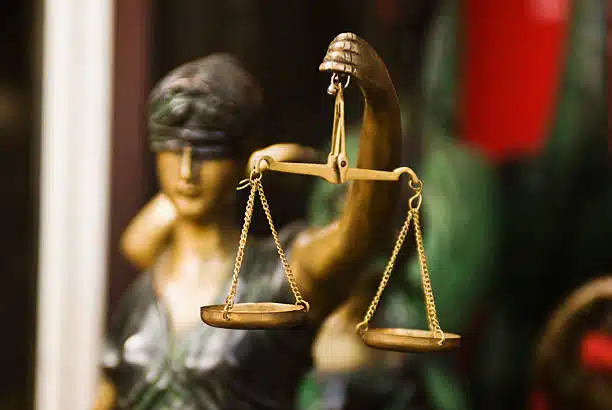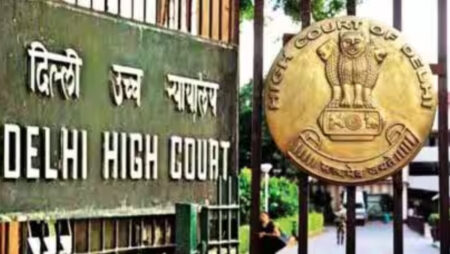In a historic decision, a special court in Kerala found 13 people guilty of killing Madhu, a tribal man. On February 22, 2018, Madhu was assaulted to death in the state’s Palakkad district after being believed to have stolen food items.
The incident happened in the hills tribal region of Attappady in the state of Kerala. Madhu, a young man in his 20s and from the Adivasi community, lived in the Attappady hamlet of Kadukumanna. After he was discovered taking rice as well as other food products from a nearby store, a group of villagers attacked and battered him while tying him up. A witness recorded the incident on their phone, and the video quickly became an instant sensation on social media.

The Keralan government established a special investigative committee to look into the situation after Madhu’s death prompted considerable indignation and protests throughout the state. The government received the investigating team’s report and set up a special court to hear the matter.
17 persons were found guilty of the felony of criminally negligent homicide of Madhu not adding up to murder as per Section 304 Part II of the Indian Criminal Code after a trial that lasted more than five years (IPC). A prominent local politician as well as members of the village council were among those found guilty of encouraging the mob to attack Madhu.
The offenders were given an eight-year prison term and were each fined Rs. 10,000 by the court. The state government was also ordered by the court to pay the victim’s family Rs. 10 lakhs in restitution.

The ruling has been lauded as a success for India’s rule of law and as justice for the country’s underprivileged people. The sentence is considered a warning to those who commit such crimes because convictions in instances of abuse against indigenous people are uncommon.
Reports before Madhu’s case in India
The number of crimes committed against tribal people in India has significantly increased in recent years, according to a report by the National Crime Records Bureau (NCRB). According to the research, between 2015 and 2019, crimes against Scheduled Tribes (STs) increased by 25%. The survey also reveals that conviction rates for crimes against STs are much below the national norm, which suggests that the justice system has a bias against underprivileged groups.
The NCRB report emphasizes the significance of getting the government to act to address the problem of violence against indigenous people and to guarantee that justice is served promptly and fairly. The government must take action to address the underlying issues that lead to such instances, such as poverty, a lack of equitable access to necessities, and prejudice against marginalized groups.
There has been a call for the government to act to preserve the rights and secure the welfare of tribal groups in India as there has been an increasing awareness of the problems they are facing in recent years. To address the problems encountered by indigenous groups, the government has implemented several initiatives and plans, but much more has to be done.
The accused’s conviction in Madhu’s case is a big step towards resolving the problems that the tribal groups in India experience. The court’s decision should serve as a warning to those who commit such crimes and a directive to the government to act to solve the underlying issues that lead to such instances.
The verdict has received extensive coverage in the Indian media, including numerous newspapers as well as television channels running in-depth articles on the decision. The issue has also generated a lot of discussion on social media platforms, with many users applauding the decision and urging better defense of the interests of tribal tribes in India.

It is hoped that the judgment will serve as a wake-up call to those who commit such crimes and as a message to the authorities to ensure steps to tackle the underlying causes of such incidents. The judgment also emphasizes the significance of the media and civilized society in bringing to light such occurrences and advocating for justice for the victim.













